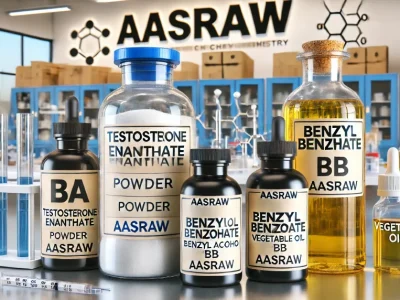The challenging and demanding issue of substance addiction impacts millions of individuals across the globe. Drug rehabilitation centres, like any inpatient rehab in Orange County, play a pivotal role in providing patients with the necessary resources and support to help them rebuild their lives once they have triumphed over addiction. This article will provide an overview of the various classifications of drug addiction and analyze the significance of drug rehabilitation centres in facilitating the road to recovery.
Understanding Substance Dependence and Drug Abuse
Substance addiction is a chronic, relapsing disease characterized by compulsive substance seeking, continued use despite knowing the severe repercussions, and permanent brain changes. Addiction is a hereditary condition that has the potential to be transmitted across generations. An extensive array of substance addictions exists, each characterized by a unique set of challenges and consequences. Common substances include alcohol, narcotic analgesics, cocaine, methamphetamine, and certain prescription medications.
Various forms of substance addiction
Opioid addiction
The prescription opioid overdose epidemic and the use of illicit narcotics such as heroin have both contributed to the escalation of the opioid addiction crisis. To address the physiological and psychological aspects of opioid addiction, inpatient drug rehabilitation programs provide patients with access to a vast array of evidence-based treatments, including counselling and medication-assisted therapy.
Alcoholic addiction
Alcohol dependence is a prevalent form of addiction that can significantly impact an individual’s social life and well-being. Alcoholics in recovery could potentially derive advantages from the nurturing setting provided by rehabilitation facilities, wherein services such as support groups, counselling, and detoxification are integrated. These services aim to address the fundamental problems that generate the habit.
Cocaine Addiction
A number of serious health risks are associated with cocaine addiction, including the development of cardiovascular disease, anxiety, and other disorders. Drug rehabilitation facilities employ an array of therapeutic interventions, including counselling and behavioural therapy, to assist clients in surmounting their cocaine dependence by attending to the psychological dimensions of the addiction.
Rehabilitation by Means of Engagement in Rehabilitation Programs:
An exhaustive assessment
Before beginning a drug rehabilitation program, an individual’s physical and mental health, as well as the severity of their addiction, are thoroughly assessed. This evaluation serves as the foundation for the recovery process. This assessment serves as a reference for formulating a personalized intervention plan tailored to the patient’s specific requirements.
The process of detoxification
Detoxification, which involves the elimination of a substance from the body, is commonly the first phase of treatment in a variety of rehabilitation programs. Under the guidance of a medical professional, detoxification assists individuals in effectively managing withdrawal symptoms and ensures a secure progression to the following stages of treatment.
Interventions in Therapy
Patients of rehabilitation clinics can participate in an extensive array of therapeutic interventions, including cognitive-behavioral therapy, group and individual therapy, and holistic remedies like yoga and meditation. These therapeutic interventions support individuals in confronting the underlying causes of their substance dependence and cultivating adaptive mechanisms that enable them to sojourn drug-free lives.
Medications utilized in conjunction with the treatment
Medication-assisted treatment might be recommended for individuals afflicted with particular types of substance addiction. By integrating prescribed medications with counselling and behavioural therapy, MAT takes into account both the physiological and psychological aspects of addiction.
A Community Characterized by Support
Substance abusers may discover a nurturing atmosphere and establish connections with others who are traversing a similar trajectory within drug rehabilitation programs. Critical components of the recovery process, support groups and peer support are instrumental in fostering a sense of belonging and comprehension.







Comments